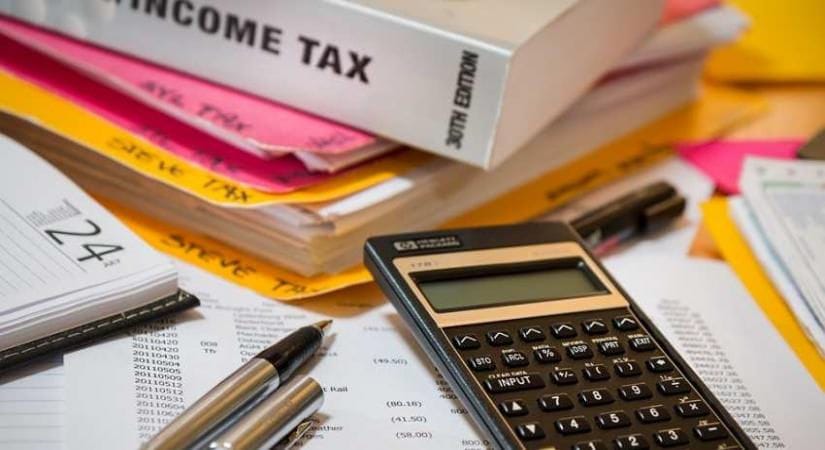Central Board of Direct Taxes (CBDT) has granted specific income tax officers the authority to reduce the interest charged on outstanding tax payment. This decision is expected to provide much-needed relief to taxpayers facing heavy interest on delayed payments.
The new provision, issued under Section 220(2A) of the Income Tax Act, allows income tax officers to lower the interest amount levied on unpaid tax demands, provided certain conditions are met. The CBDT’s directive comes in response to growing concerns about the increasing financial strain.
Under the new guidelines, the Principal Chief Commissioner can reduce the interest on tax demands exceeding ₹1.5 crore, while the Principal Commissioner and Commissioner level officers are authorised to reduce or waive interest on amounts between ₹50 lakh and ₹1.5 crore. For tax demands with interest up to ₹50 lakh, the authority to waive or reduce the interest rests with the Income Tax Commissioner.
The new powers granted to income tax officers aim to ensure that taxpayers are not burdened by interest charges, especially in cases where the delay in payment may have been due to valid reasons. According to the CBDT, these measures will be applicable if the taxpayer meets the conditions set out in the Income Tax Act.
Chartered Accountant Mahesh Chhajed said, “If the conditions set by the CBDT are followed properly, income tax officers can offer complete relief by waiving off the interest in certain cases”.
The CBDT issued a circular on Monday, announcing this policy change, which is expected to benefit taxpayers, especially those struggling with large outstanding amounts. By providing the discretion to reduce or waive interest, the CBDT aims to offer more flexibility and fairness in the collection of taxes.
The new provision is seen as a step toward making the tax system more taxpayer-friendly, providing relief to individuals and businesses who may have been penalised by high interest charges due to unforeseen delays in tax payments.
To be eligible for relief, taxpayers must meet three conditions.
The taxpayer should be facing genuine difficulties in paying the tax amount. Only in such cases will they be eligible for a reduction in the interest charged. It is important that these difficulties are genuine.
The failure to pay the tax and interest should be due to reasons beyond the taxpayer’s control.
When an inquiry is made into the demand notice issued to the taxpayer, the taxpayer must fully cooperate in the investigation.
The government hopes that these provisions will help resolve pending cases more quickly. However, there is also a possibility that some taxpayers may take advantage of this provision to avoid paying interest.



